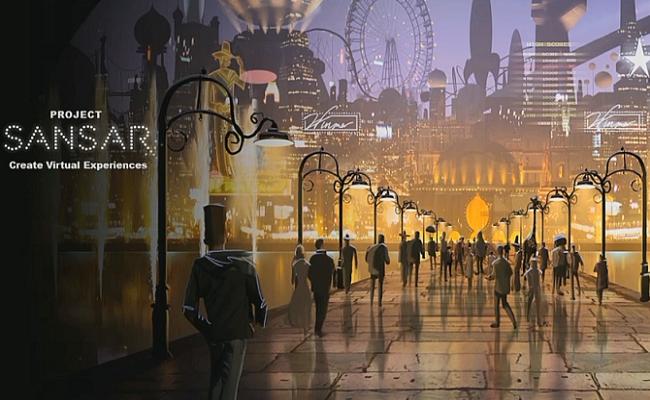The tech world is awash in virtual reality startups, each of them focusing on developing different aspects of the new medium. Oculus VR, which was purchased by Facebook last year for $2 billion, has made great strides in several areas, including its virtual reality head-mounted display Oculus Rift, but is also working on Oculus Cinema, a consumer-facing movie-watching app. Other companies are creating avatars, virtual worlds and virtual games, and a camera that allows viewers to go on tours of homes for sale and hotel rooms.
Re/code describes some of the companies defining the VR space, mentioning two San Francisco-based companies: Linden Lab and its follow-up to Second Life, dubbed Project Sansar, and High Fidelity, a venture from Second Life original inventor Philip Rosedale.
High Fidelity, with $17.5 million from Vulcan Capital, True Ventures, Linden and other investors, is working on personalized avatars so users can move around a “diverse but interconnected virtual world.”
Altspace VR, which has raised $15.7 million from Tencent, Dolby Family Ventures and Comast Ventures among others, focuses on shared media experiences, says Re/code, such as “watching Netflix in the same virtual room as someone else, even though your physical bodies may be far removed from one another.” The company is also testing gaming in virtual space.
Also mentioned was New York startup Surreal, with $300,000 in funding, which targets avatar-powered social games in partnership with third-party game developers, and IMVU where 15 percent of its 135-person staff is working on “how to display creations in its existing virtual world.”
Re/code also describes Matterport, whose camera enables 3D virtual tours of homes for sale and hotel rooms. The $4,500 camera, which takes 30 seconds to make a complete 360-degree rotation, is designed to be moved around a room. That company just launched Matter Tags, a feature that allows clients to place “text, audio and video information into their virtual tours, which can be viewed on the Web or in a VR headset.”
“These companies are all largely gunning for the same, often nebulously defined idea: That VR will effect changes in our communication habits as profound as those wrought by the PC, or the mobile phone,” says Re/code.


No Comments Yet
You can be the first to comment!
Sorry, comments for this entry are closed at this time.